- Homepage
- Dogs Nutrition
- Can Dogs Eat Corn Cobs? Why Corn Cobs Are Harmful to Dogs
Can Dogs Eat Corn Cobs? Why Corn Cobs Are Harmful to Dogs
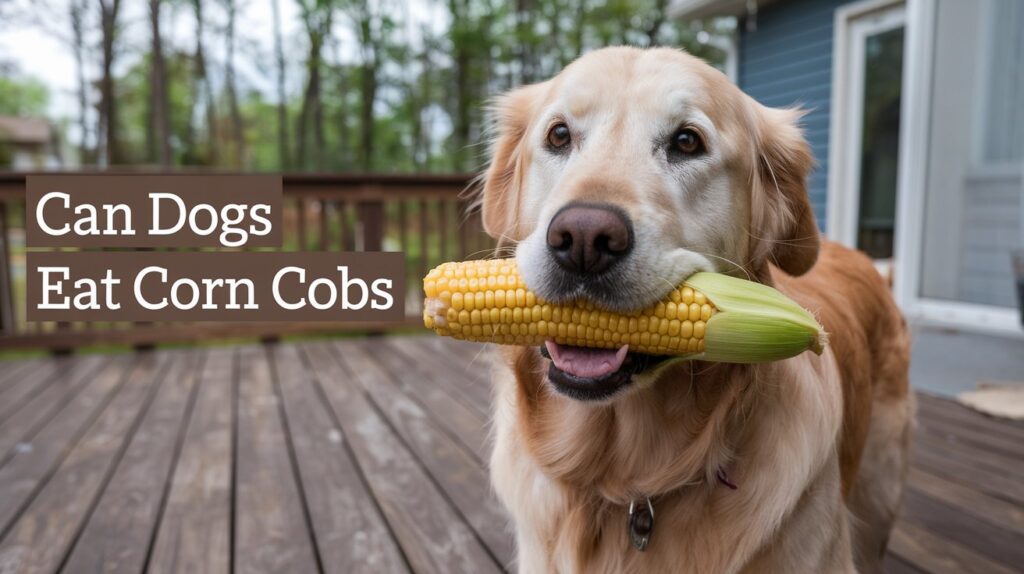
Table of Contents
ToggleCan Dogs Eat Corn Cobs?
No, dogs should not eat corn cobs. Corn cobs pose a serious choking hazard and can cause intestinal blockages, which may require emergency surgery. While corn is safe for dogs in moderation, the cob is tough, indigestible, and can lead to severe health issues if swallowed.
Why Corn Cobs Are Dangerous for Dogs
Corn cobs may seem harmless, but they are one of the most dangerous non-food items your dog can accidentally ingest. Here’s why:
- Choking Hazard: Corn cobs are tough and fibrous, making them a choking hazard, especially for small and medium-sized dogs. Even large dogs can choke if they attempt to swallow a whole cob.
- Intestinal Blockage: If a dog manages to swallow a corn cob, it may get stuck in their digestive tract. This is a serious issue that can lead to intestinal blockage. Corn cobs are not easily digestible, which means they can stay lodged in your dog’s stomach or intestines, causing painful and life-threatening blockages.
- Sharp Edges: The hard texture of the corn cob can also cause cuts or tears in a dog’s esophagus, stomach, or intestines, leading to internal injuries.
Symptoms of Corn Cob Ingestion in Dogs
If you suspect your dog has eaten a corn cob, it is crucial to act quickly. Here are the most common symptoms to look out for:
- Vomiting or Dry Heaving: Dogs may vomit repeatedly if they have consumed something indigestible, like a corn cob.
- Diarrhea: Corn cobs can cause severe gastrointestinal upset, leading to diarrhea, sometimes with blood present.
- Loss of Appetite: A blocked intestine can cause a complete loss of appetite in your dog.
- Lethargy: Dogs suffering from intestinal blockages may become lethargic, showing no interest in usual activities.
- Abdominal Pain: If your dog whines when you touch its stomach or assumes a hunched posture, it may be experiencing abdominal pain due to a blockage.
- Restlessness and Discomfort: A dog that has eaten a corn cob may pace around, whine, or appear restless due to discomfort.
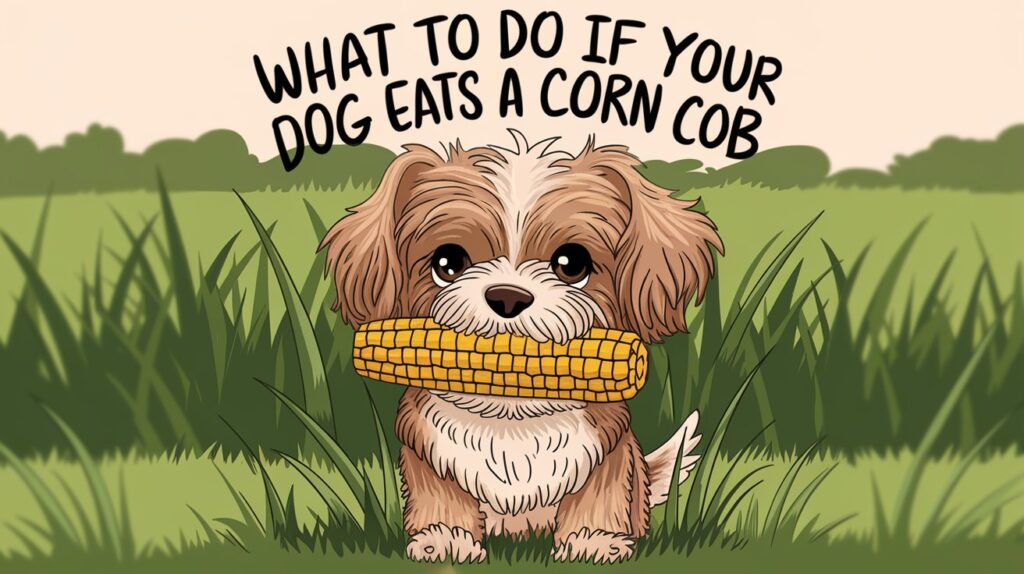
What to Do If Your Dog Eats a Corn Cob
If your dog has consumed part or all of a corn cob, it’s essential to contact your veterinarian immediately. Time is critical in these situations, as delays can increase the risk of complications. Here’s what you should do:
- Call the Vet: Explain the situation, the size of the corn cob consumed, and the symptoms your dog is displaying. Your vet may ask you to bring your dog in for an immediate examination.
- Avoid Home Remedies: Do not try to induce vomiting without a veterinarian’s guidance. In some cases, inducing vomiting can make the situation worse, especially if the corn cob is already lodged in the stomach or intestines.
- Monitor Your Dog’s Behavior: Keep an eye on your dog’s behavior, and if symptoms like vomiting or diarrhea worsen, get your pet to the vet as soon as possible.
Treatment for Corn Cob Ingestion
If your dog is diagnosed with an intestinal blockage caused by a corn cob, surgery is often necessary to remove the obstruction. The vet will perform x-rays or an ultrasound to locate the blockage, followed by surgery to safely extract the corn cob. In milder cases, if the cob hasn’t caused a full blockage yet, other less invasive treatments like endoscopy may be used to remove the foreign object.
Preventing Corn Cob Ingestion in Dogs
Prevention is always better than cure, and it’s essential to ensure that corn cobs are kept out of your dog’s reach. Here are some tips to prevent your dog from getting its paws on a corn cob:
- Dispose of Corn Cobs Properly: After enjoying corn on the cob, be sure to dispose of the cobs in a trash can with a secure lid to prevent your dog from rummaging through the garbage.
- Supervise Outdoor Time: If you’re having a barbecue or picnic, keep an eye on your dog to make sure it doesn’t steal any leftover corn cobs from plates or tables.
- Train “Leave It” Command: Teaching your dog the “leave it” command can help you intervene if they get too close to something dangerous, such as a corn cob.
- Avoid Feeding Table Scraps: It’s best to avoid feeding your dog table scraps altogether, especially if corn cobs are involved.
Safe Alternatives To Corn Cobs For Dogs
| Alternative | Description | Benefits for Dogs |
|---|
| Cooked Plain Corn | Cooked kernels of corn without any seasoning or butter. | Provides fiber, vitamins, and natural sugars for energy. |
| Carrot Sticks | Raw or lightly cooked carrot sticks. | Low in calories, high in fiber and beta-carotene, promoting healthy digestion and vision. |
| Apple Slices (No Seeds) | Fresh, seedless apple slices. | Rich in vitamins A and C, good for the immune system and oral health. |
| Green Beans | Fresh or cooked green beans without seasoning. | Low-calorie, fiber-rich treat that supports digestion and weight management. |
| Sweet Potato Chews | Baked or dehydrated sweet potato slices. | High in fiber and packed with essential vitamins and minerals. |
| Blueberries | Fresh or frozen blueberries. | Antioxidant-rich and great for immune support. |
| Pumpkin (Plain, Cooked) | Plain, cooked pumpkin (not pie filling). | High in fiber, good for digestive health, and helps with diarrhea or constipation. |
| Cucumber Slices | Fresh, raw cucumber slices. | Low-calorie and hydrating, good for overweight dogs. |
| Peanut Butter (Unsweetened) | Small amounts of unsweetened, xylitol-free peanut butter. | A good source of healthy fats and protein, great for enrichment in toys. |
| Zucchini | Fresh or lightly cooked zucchini slices. | Low-calorie, hydrating treat packed with vitamins and minerals. |
Can Dogs Eat Corn Safely?
While corn cobs are dangerous, plain corn itself can be a healthy treat for your dog in moderation. Corn contains fiber, vitamins, and natural sugars, which can provide energy. Here’s how to feed corn to your dog safely:
- Serve Only Plain Corn: Avoid corn that is seasoned with butter, salt, or spices. These additives can upset your dog’s stomach.
- Feed in Small Quantities: Corn should only be given as an occasional treat and not as a primary source of nutrition.
- Avoid Canned Corn: Canned corn often contains added sugars or preservatives that are not healthy for dogs.

Conclusion: Can Dogs Eat Corn Cobs
In summary, while corn cobs pose serious risks to your dog’s health, plain corn can be a safe and enjoyable treat when served in moderation. Always be cautious when disposing of corn cobs and supervise your dog during meals to prevent accidental ingestion. If your dog does eat a corn cob, seeking immediate veterinary attention can be life-saving.
FAQs: Can Dogs Eat Corn Cobs
1. What happens if my dog eats a corn cob?
If your dog eats a corn cob, it can cause choking or an intestinal blockage, which may require emergency surgery.
2. Is it OK for dogs to chew on corn cobs?
No, it’s not safe. Corn cobs can cause choking and digestive blockages.
3. How long can a corn cob stay in a dog’s stomach?
A corn cob can stay lodged in a dog’s stomach or intestines for days, potentially causing serious complications.
4. Can dogs digest corn kernels?
Yes, dogs can digest corn kernels in moderation, but they should be plain and cooked without seasoning.

Jahanzaib Kaleem is a passionate and knowledgeable pet writer and veterinarian dedicated to enhancing the well-being of pets and educating pet owners around the world. With years of experience in veterinary medicine and a deep love for animals, Jahanzaib combines his medical expertise with a flair for writing to deliver insightful and practical advice on pet care.

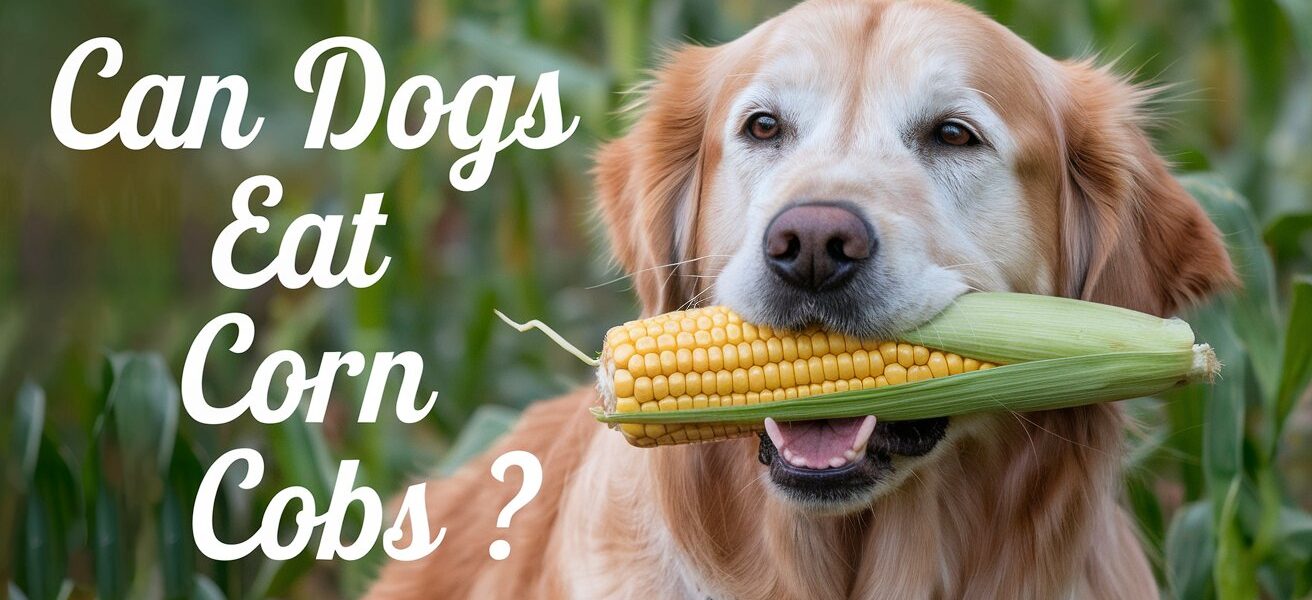
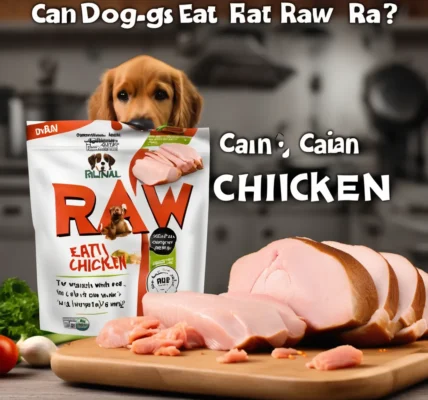
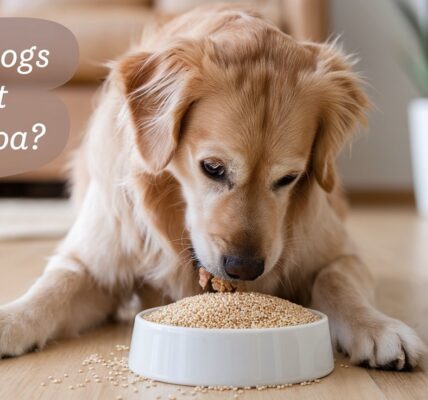
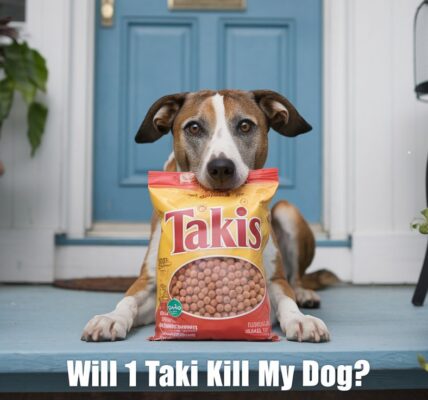
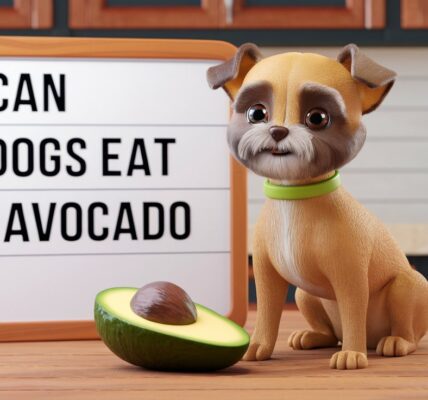















1 COMMENTS